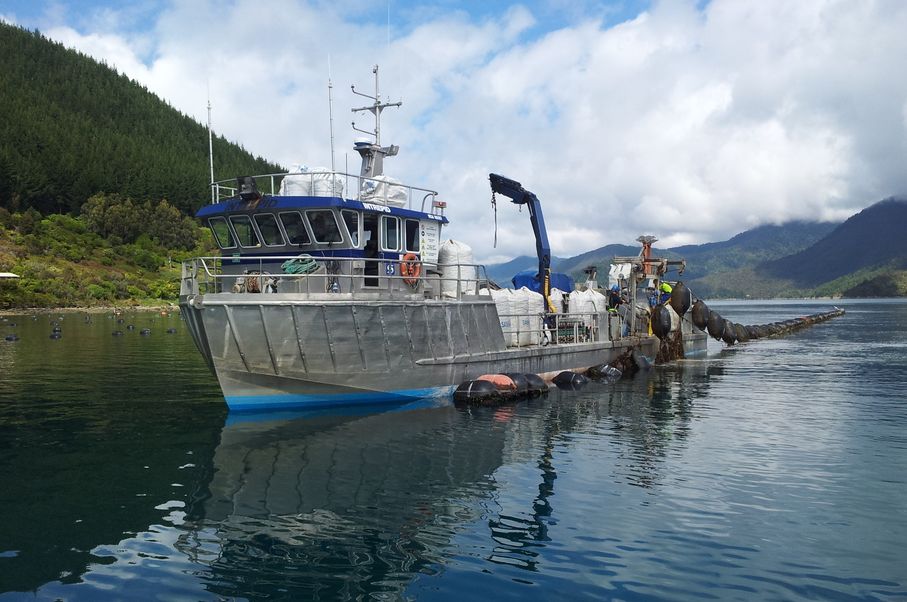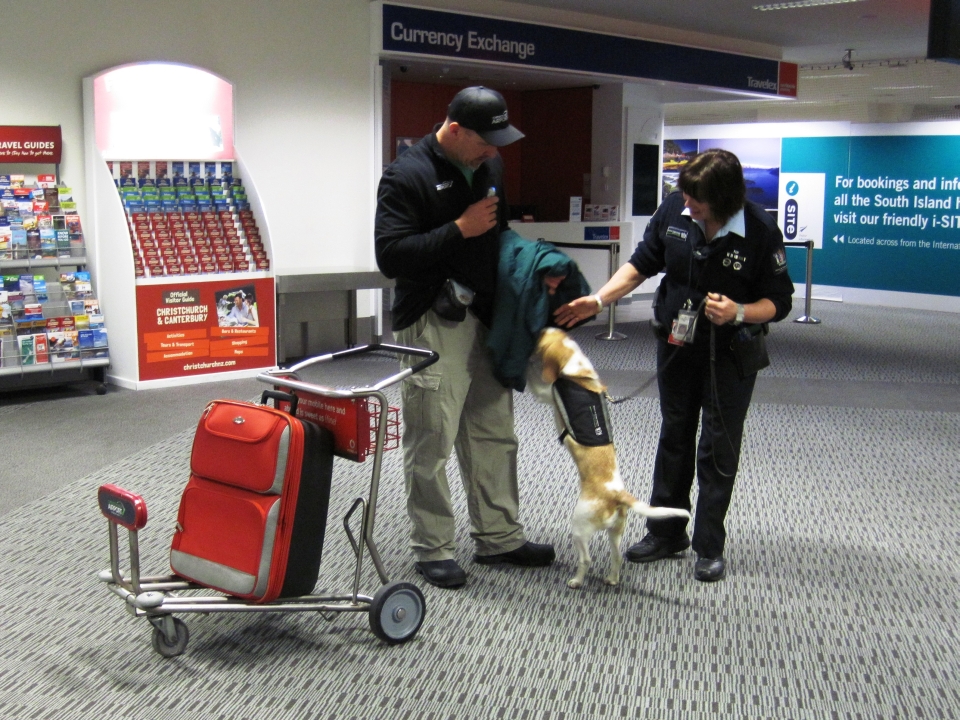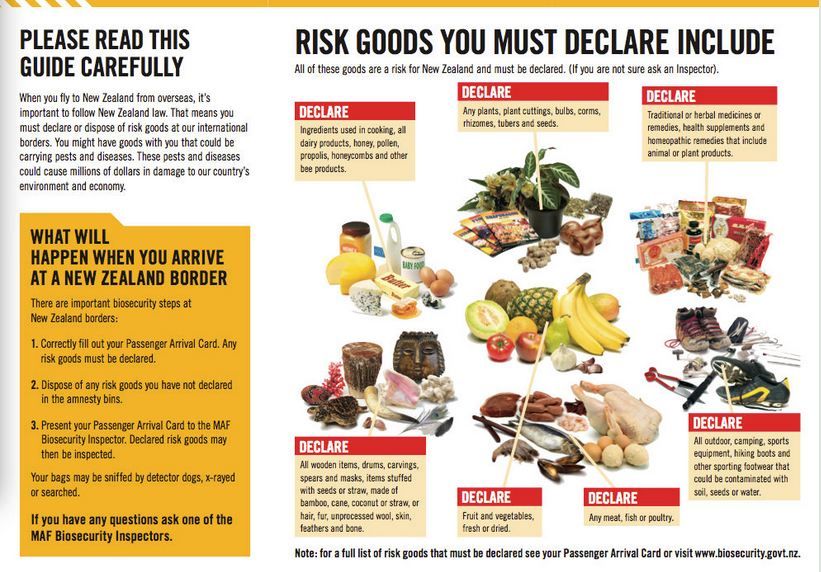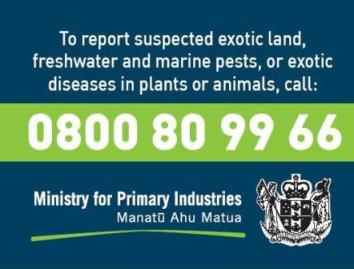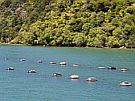New Zealand has a unique ecosystem. Our native species once thrived without any native predators. However, many introduced predators and pests arrived with humans, and threaten the survival of our native species and the success of our primary industries.
Biosecurity helps to prevent or reduce any damage caused by unwanted organisms.
What is biosecurity?
Biosecurity is about keeping New Zealand free of unwanted organisms and controlling, managing or eradicating them should they arrive in the country.
Biosecurity in New Zealand includes a set of measures designed to protect our country from the entry and spread of pests and diseases. Anything that is brought into New Zealand or moved around New Zealand has the potential to introduce or spread harmful pests and diseases, so biosecurity is everyone’s responsibility.
Pests and diseases are a risk to:
- the economy – our primary industry exports generate over 36 billion dollars each year
- environment – New Zealand is an isolated island nation with unique plants and animals that have evolved over millions of years. Our biodiversity could be greatly reduced if certain pests and diseases enter the country
- cultural and social values – pests and diseases could change the way we are able to use our environment, for example aquatic weeds could prevent people from using our waterways for recreation or for gathering food
- human health – pests and diseases can impact on our health, for example bird flu and Ebola.
What makes a pest a ‘pest’?
Plant and animal pests are species that have been introduced to New Zealand and threaten our native plants, animals and natural habitats. Plant and animal pests have become the greatest single threat to our native plants and animals.
Plant pests threaten our native plants by smothering, strangling or crowding them out. Eventually plant pests can take over our forests and wetlands. Many are also a nuisance to farmers, in home gardens and may cause health problems for some people. You can find out more about some common weeds here.
Animal pests threaten our region's native ecosystems, such as forests and wetlands. Some animal pests, such as feral goats and possums, destroy plants by eating their leaves, flowers or fruit. Other animal pests, such as stoats and rats, eat our native birds or their eggs as well as native lizards, frogs and insects.
Many animal pests are also a nuisance to farmers, in suburban gardens and businesses. For example, goats create erosion on riverbanks, and possums carry bovine tuberculosis (Tb). Bovine Tb is a disease that affects farm animals and threatens our export markets. You can find out more about animal pests here.
Pest fish also affect our waterways, such as lakes and rivers.
Some biosecurity threats that already exist in New Zealand include:
- didymo
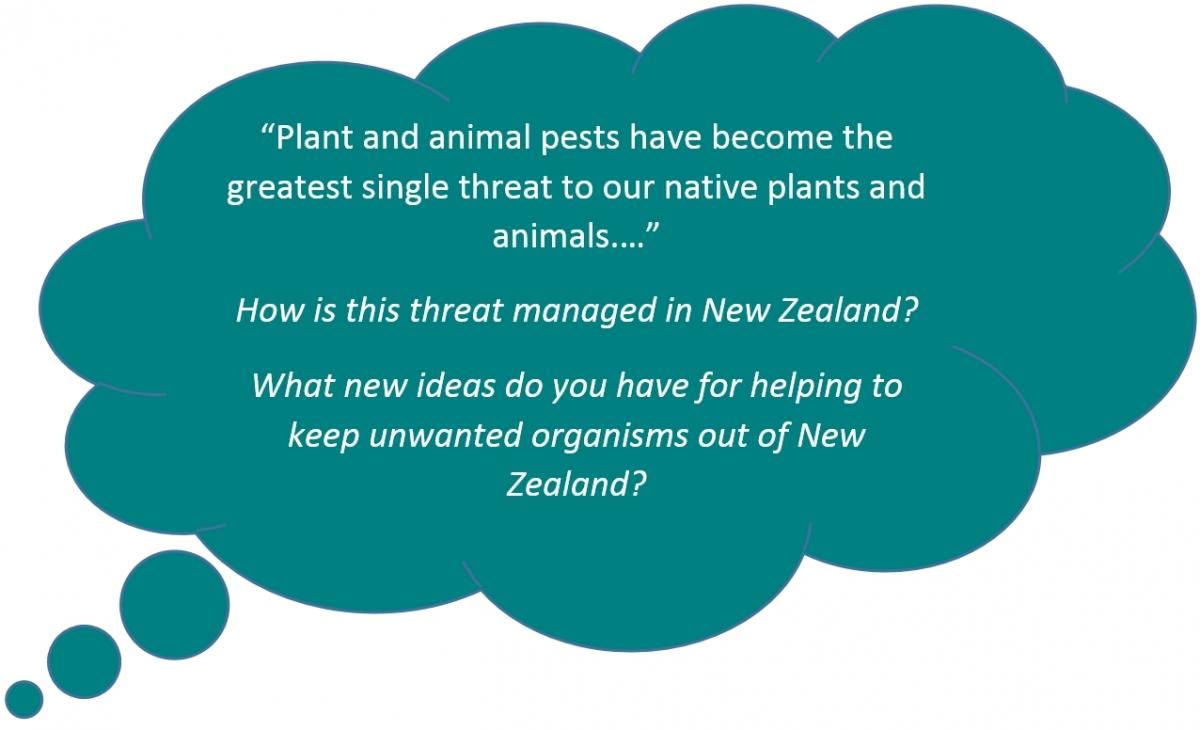
- kauri die back disease
- common and German wasps
- introduced predators such as possums, stoats, ferrets, weasels, wild cats and rats.
- Myrtle rust is a fungi which affects the Myrtle family including pōhutukawa, rātā, kanuka, manuka and feijoa and has just been found in Kerikeri in Northland.
How do you think you could help manage these threats?
The Ministry for Primary Industries manages biosecurity in New Zealand. Laws have been created to protect New Zealand from introduced pests and diseases. These laws include:
- The Biosecurity Act 1993 – this law was a world first and was designed to protect both native and exotic organisms from the harmful effects of pests and diseases.
- The Biosecurity Act was last amended (updated) in 2012 – there were a range of changes including stricter border controls, better pest management strategies and partnerships between industries and the government to help prepare and respond to biosecurity threats.
- In 2016, the Biosecurity 2025 strategy was launched and includes the following:
- Biosecurity is everyone’s responsibility – we all need to help keep harmful pests and diseases from entering or spreading in New Zealand.
- Using science and technology to prevent, manage and plan for biosecurity threats
- Strong leadership, training of biosecurity professionals and public education.
You can help
Keep a watch for anything that is potentially an unwanted pest or disease.
Report any sightings to the MPI free 24 hour emergency hotline 0800 80 99 66.


